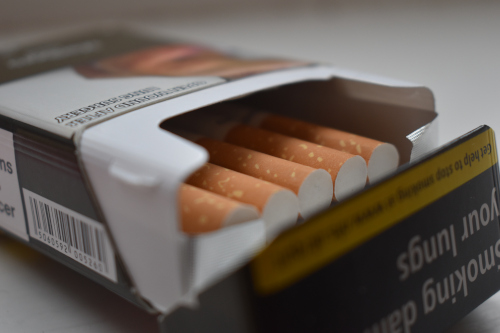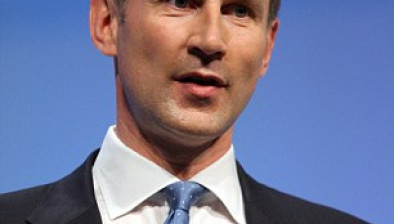Ireland maintains ‘smokefree generation’ plan is precluded by EU law

The Irish government has maintained its position that a “generation ban” on tobacco sales is incompatible with EU law and says it is pressing fellow member states for a change in the rules.
The Public Health (Tobacco) (Amendment) Bill 2024 is set to increase the minimum age of sale of tobacco products in Ireland to 21, the highest in Europe.
New Zealand briefly embraced radical plans to create a “smokefree generation” by increasing the minimum age of sale every year, until tobacco products are banned altogether. The UK is considering similar plans.
However, the Irish Department of Health said in May: “Preliminary legal advice suggests Ireland cannot pursue a ‘smokefree generation’ policy as has been suggested in other jurisdictions due to the EU’s single market rules and Tobacco Products Directive.”
This sparked a legal row in Northern Ireland after the devolved government insisted a “smokefree generation” law could be introduced across the UK, despite the Tobacco Products Directive continuing to apply to Northern Ireland as a result of the post-Brexit Northern Ireland Protocol.
Ireland’s health minister Stephen Donnelly yesterday told the Dáil: “We took advice from the EU. When we were considering this bill, we got legal advice to see whether we could do this here. The advice we got back was that it would be very difficult to do.
“However, we are continuing to press and are talking to other member states. We are saying: ‘For goodness sake, would we not be just better off if there were not cigarettes in the European Union?’ Most member states agree.
“The position might change in the single market, but for now the advice we have is we are not able to pursue it.”
The UK’s plans to introduce a generational smoking ban have been effectively delayed by the calling of yesterday’s snap general election, though both Conservative and Labour manifesto committed to its implementation.










